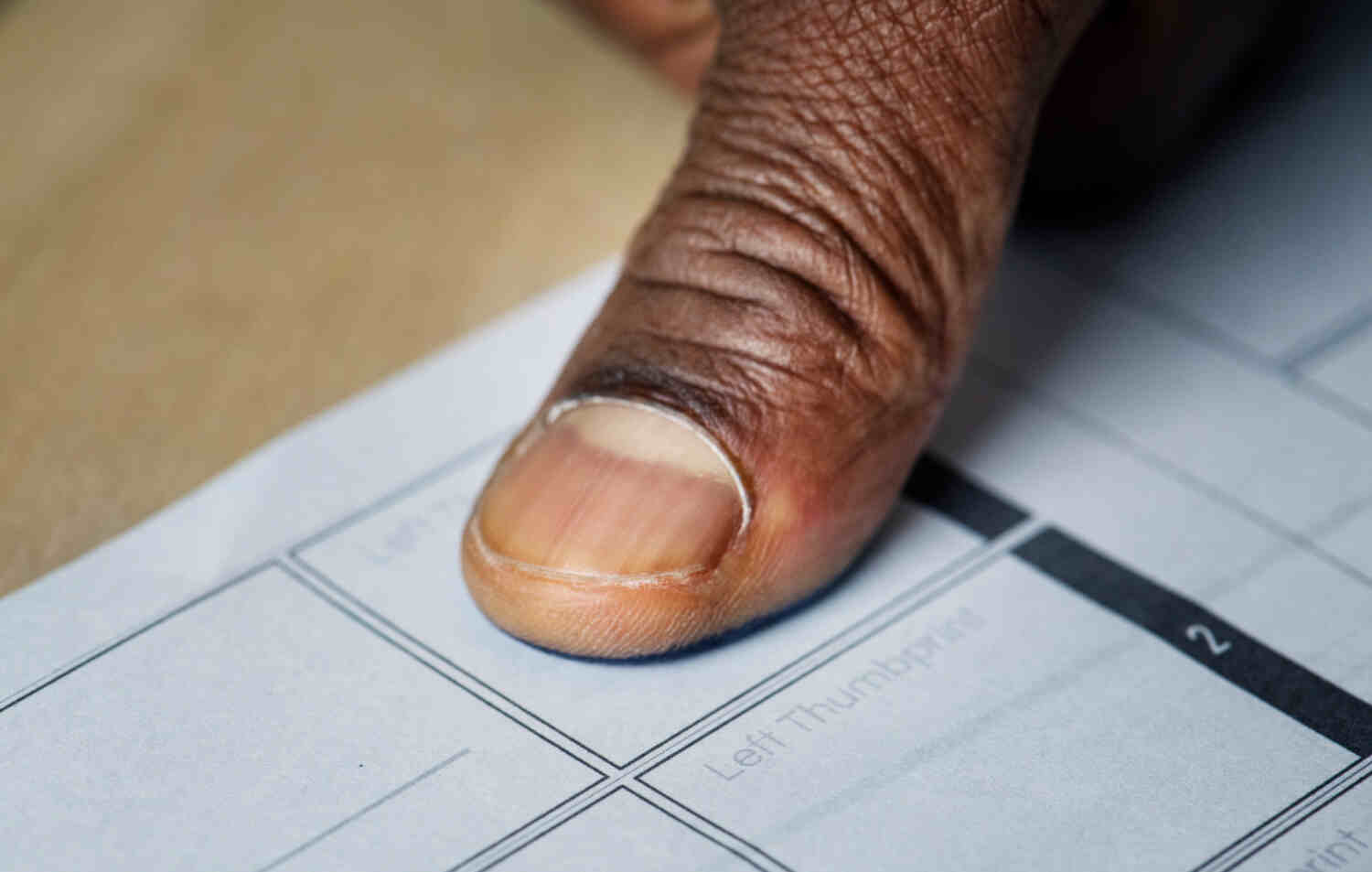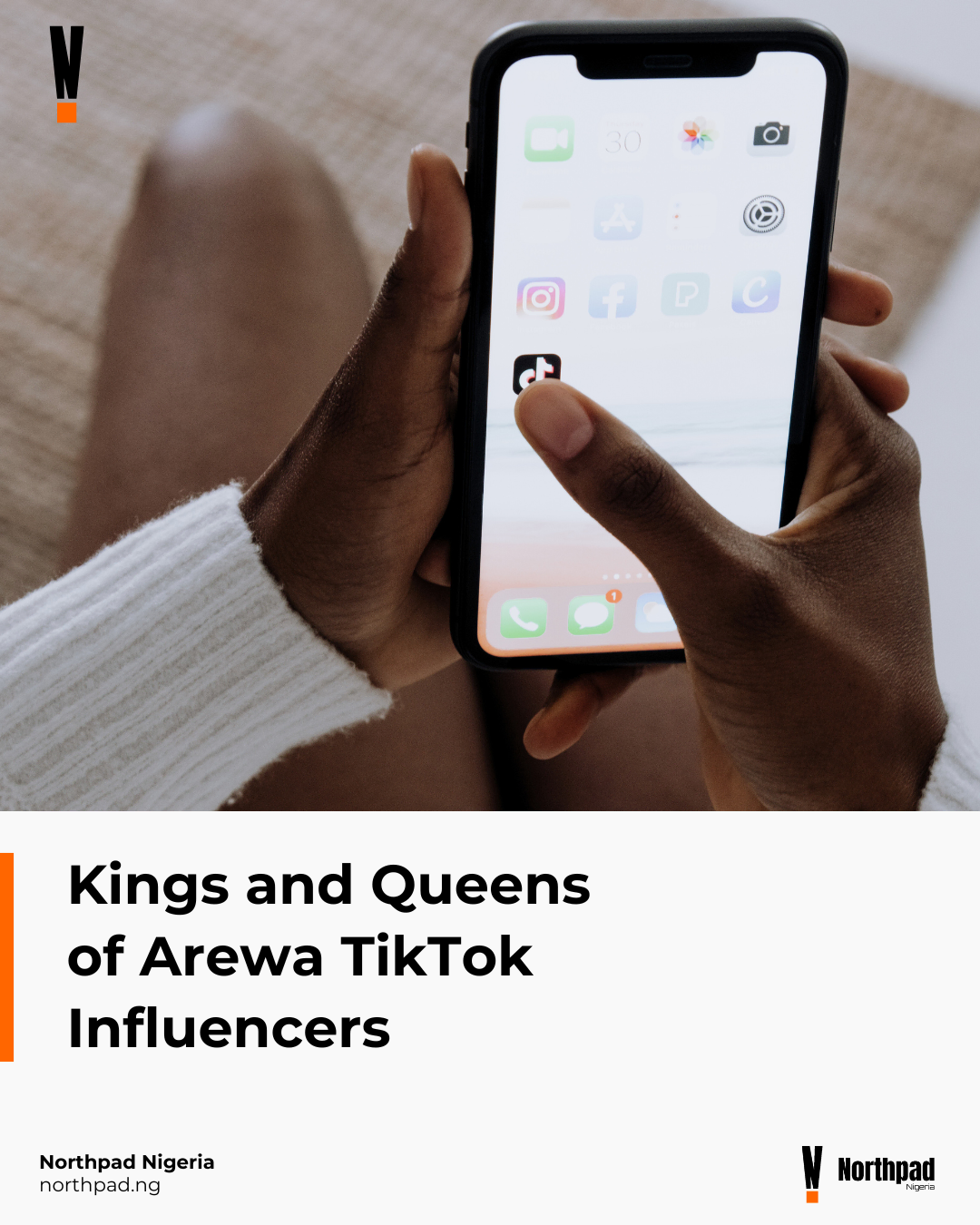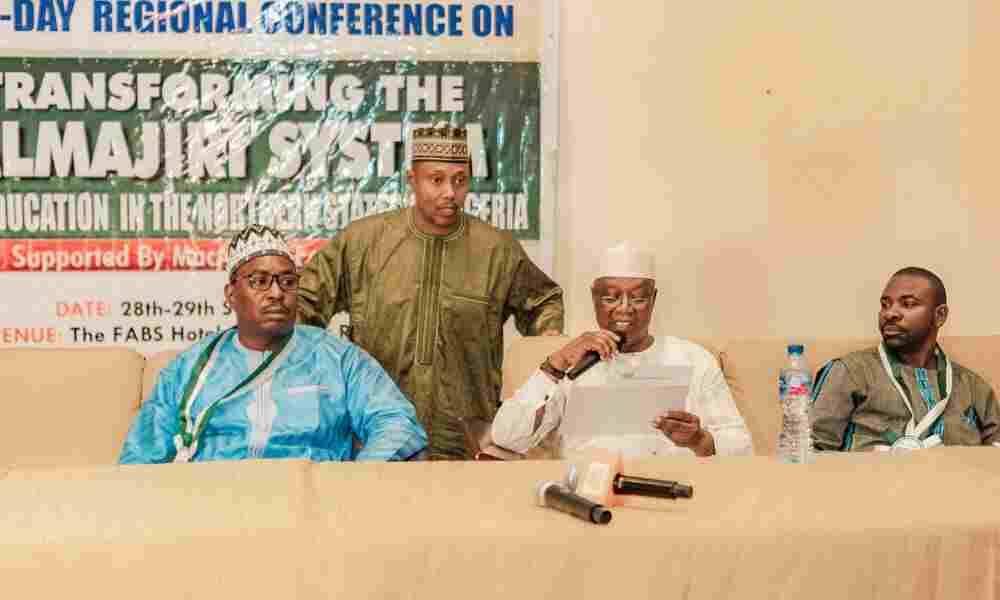Let’s face it. Everybody wants to be one of the party delegates in Nigeria. It has become one of the most sought-after jobs in Nigeria overnight, and it is a no-brainer why. Allegedly, political party delegates in Nigeria have and are receiving huge sums of money in both local and foreign currencies to sway their decisions in their party’s primary elections.
The keyword is ‘allegedly.’ Those may be rumors, but specific sources have gotten delegates to admit these payments. Whatever the case may be, this story spotlights one thing: the significant role that party delegates play and their impact on the entire election process.
The one thing on everyone’s mind is how to become a party delegate in Nigeria. This article will guide you through that process and all you need to know about being one of the party delegates in Nigeria.
Who are Delegates, and What do they do?
The average Nigerian political party consists of hundreds of thousands of members who occupy different roles within a party. When the time comes for a party to produce a single flag bearer for an elective position, the obligation falls on the party to nominate a select few out of the thousands. Those few will vote on behalf of the entire party. These chosen ones are the party delegates in Nigeria.
Party delegates are chosen by in-party elections and usually are voted only once. These kinds of delegates are called Ad-Hoc delegates.
Party delegates are of two kinds:
1. Ward Delegates – these are the ones that elect the party’s choice of candidates for the house of representatives, senate, and gubernatorial elections.
2. National Delegates – the delegates vote for the party’s presidential candidates. The national delegates are selected from each local government.
Who are Statutory Delegates?
Past and present public office holders of a political party have the prerogative to be automatic delegates, or at least they did until the National Assembly passed a bill that makes it imperative for all political party delegates to emerge from election. This automatically blots out public office holders from belonging to that group.
However, the bill was said to have been rejigged by the National Assembly just before the start of the primary elections.
Statutory delegates comprise:
- Former and current presidents and vice presidents
- Governors and deputy governors
- Senators, house of representative members, state assembly members
- Local government chairs and their deputies
- Ward councilors
- All local government area chairmen
How Many Party Delegates Are There Per State in Nigeria?
Understanding the different delegates’ types and their functions is crucial as this determines their number, and selection requirements vary.
The ward delegates are chosen from each local government across the country. There are over eight thousand wards, and each party’s guidelines determine the number of representatives per ward.
National delegates are selected through a similar process. This time, only the local governments produce representatives.
APC Delegates List by State
Three APC delegates were chosen per local government.
South West
Lagos – 60, Ogun – 60, Ekiti – 48, Osun – 90, Oyo -99, Ondo – 54,
Total = 411
South South
Akwa Ibom – 93, Cross River – 54, Bayelsa – 24, Delta – 75, Edo – 54, Rivers – 69,
Total = 369
South East
Abia – 54, Anambra – 63, Enugu – 51, Ebonyi – 39, Imo – 81
Total = 288
North East
Adamawa – 63, Bauchi – 60, Gombe – 33, Borno – 81, Yobe – 51, Taraba -48
Total = 336
North Central
Kogi – 63, Kwara – 48, Benue – 69, Plateau – 51, Nasarawa – 39, Niger – 75, FCT – 18
Total = 363
North West
Kaduna – 69, Kano – 132, Katsina – 102, Kebbi – 63, Jigawa – 81, Sokoto – 69, Zamfara – 42
Total = 558
PDP Delegates List by State
The PDP delegates list took a similar path but picked one delegate per local government.
(774 delegates) plus one each from every state (36 representatives). This brings their total number to 810 delegates.
How Much do Delegates Make?
The matter of delegates and money in Nigeria is a scandalous one and a conversation starter everywhere. The news of representatives being paid from N100,0000 at least per aspirant is no news anymore.
As suspected, the higher the position vied for, the more significant the amount of money party delegates in Nigeria are paid.
Some candidates reportedly demanded a refund of the money given to delegates after losing out on the election that they were promised. Case in point, the son of the former Vice President Adam Sambo. He defended his stand by claiming a refund was only following directives by the major stakeholders in the party to refund the defeated candidates.
Other delegates instead opt to spend the money they got with their communities, just like how one of the national party delegates in Nigeria from Kaduna spent his 12 million Naira with his community.
As lucrative as this scheme seems, we must analyze the underlying repercussions of encouraging a system that claims to be democratic yet applauds acts of buying and selling votes at a fundamental and crucial point of the electoral process.
Once we begin to enable such conduct, we must be ready to face the consequences head-on when the general elections occur. If voting decisions can be merchandised now, they will indeed repeat themselves.
After all, the same individuals who benefited will be among the numbers voting. This time around, though, they will have recruited followers to come to eat from the pot that they once did.
Nevertheless, there are payments made to delegates by their parties to cover accommodation, transportation, sitting allowance, inconvenience, meals, and more. Many delegates leave their states and homes to participate in the primary elections, usually held where the party’s headquarters is.
How to Become a Party Delegate in Nigeria
After all, has been said and done, nearly all of us are scampering around looking for how to become a delegate. The steps one needs to take to achieve this are pretty straightforward.
1. Join a political party. This goes without saying.
2. Undergo the registration process
- purchase the party form
- fill it out and submit
- pay the fees for registration
- collect a membership card
3. Build a reputation and garner support from ward party members. They’re the ones that matter in your journey to becoming a delegate.
4. Show interest, contest, and win delegates election at your ward.
Conclusion
Despite whatever connotation associated with being a party delegate in Nigeria, it cannot be denied the weight it carries in deciding the future of our nation. The onus falls on them to begin our journey to a better Nigeria tomorrow. Their actions create a butterfly effect on our future.
I hope all delegates, present and aspiring, remember honesty is our watchword in this pre-electoral season and uphold all that we fight for as a nation.
Frequently Asked Questions (FAQs)
How are party delegates in Nigeria chosen?
An in-party election chooses Ad-hoc party delegates. This is where members of a party nominate and vote for their representatives in the primary elections. The winners from this become the delegates.
What determines how many delegates a state has?
This number is determined by the party’s ruling policies or guidelines. Some parties decide to pick one delegate per local government. Others go as far as having three representatives. The total number therefore differs. A state with more local governments will consequently have more delegates.
Are delegates paid?
Delegates receive payment to foot their bills during the primary elections.
Who are statutory delegates?
Statutory delegates are office holders that automatically qualify to be a delegate to a party. They are also called automatic delegates. They, unlike the ad-hoc delegates, do not need to be elected.
What is the purpose of having delegates?
Delegates are necessary to help streamline the candidates a party will propose on the national scale for elections. Usually, more than one candidate indicates interest in a position from one party. To have all candidates contest will divide the party’s votes, putting them at a considerable disadvantage.
If you’ve been involved in a political party’s primary election or know any of the party delegates in Nigeria who have, we’d love to read the experience in the comments.










0 Comments